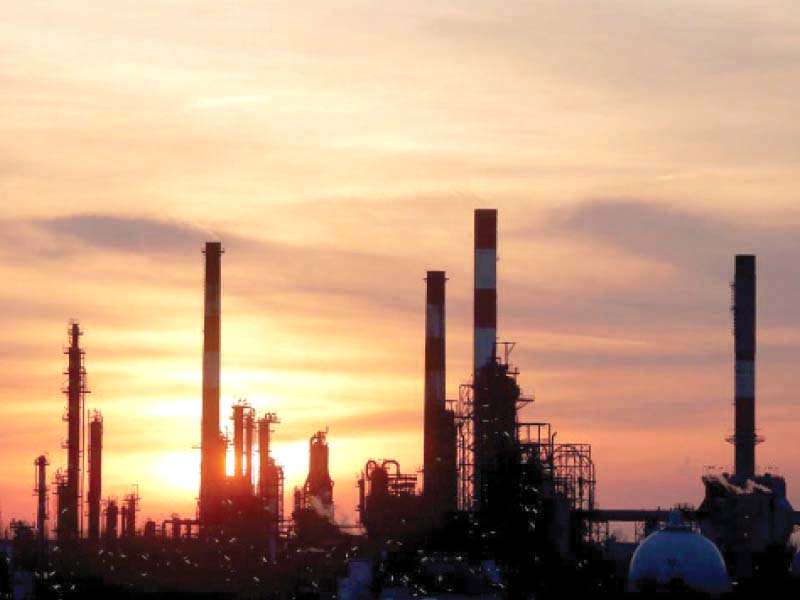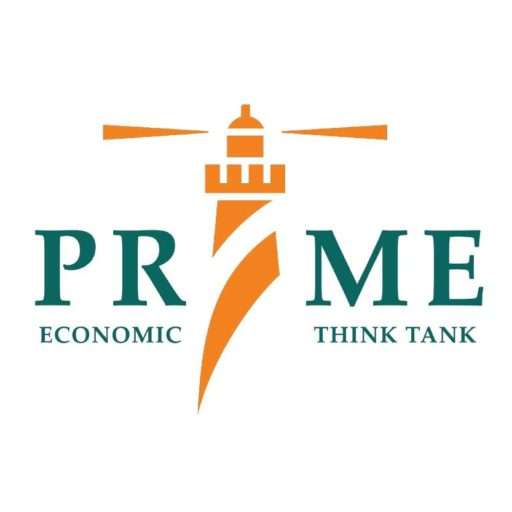Laffer postulates: a way out of economic conundrum
Ali Salman
Economist suggests low tax rates, spending curbs, free trade, selling bleeding SOEs

ISLAMABAD: Arthur Laffer’s name is no stranger to economics. Known as creator of the “Laffer Curve” and the “Father of Supply-Side Economics”, the maestro was in Islamabad recently.
During his keynote address at the Pakistan Prosperity Forum, Laffer outlined six pillars of prosperity: low rate and broad-based flat taxes, spending restraints, sound money, reduce excessive regulations, promote free trade, and privatise the bleeding state-owned enterprises (SOEs).
An additional postulate in this presentation was redefining building codes, which impede economic activities in urban centres. In this article, we present his main postulates and briefly relate them with Pakistan’s situation.
Taxes used as a tool for expanding government services create hurdles in the way of businesses and put extra burden on the people. The purpv ose of tax is to discourage bad behaviour like curbing smoking by imposing taxes.
He said, “When we tax income, then earning more becomes less attractive, and economic activity declines.”
Higher number and rates of taxes have contributed to lower compliance and surging evasion in the country. Currently, 7.1 million people are registered with the Federal Board of Revenue (FBR) and only 3.1 million are filing annual tax returns while 4 million are evading taxes and the FBR is lacking capacity to bring those to the tax net. This manifests flaws in our contemporary taxation system.
Although there has been some improvement in tax collection, yet it has not contributed to significant changes in the underlying tax structure.
Laffer believes “the size of governments is increasing in the world and taxes are imposed to finance those expenses. Pakistan with low per capita income should not be spending more as government expenditures by generating revenues through taxes”.
The sugar industry of the country manifests inefficiencies emanating from excessive state regulations. From the crop sowing area to wholesale and retail prices, everything is determined by the government through administrative bodies at federal and provincial levels.
Yet, the price of the commodity increased sharply by 127% in the last three years from Rs55 per kg in December 2018 to Rs125 per kg in October 2021. This calls for the reduction in regulations and moving towards free market.
The total debt accumulated by SOEs amounts to Rs1.97 trillion. When annual losses of SOEs and tax exemptions are included, we will see a significant amount.
In addition, despite the closure of Pakistan Steel Mills in 2015, Pakistani taxpayers spent Rs55 billion over the last five and a half years on salaries of 9,350 workers, many of whom reportedly secured other employment during the period.
The government needs to move away from businesses and proceed with privatisation to make resources available for development. Private sector is better equipped to bring necessary capital to make these enterprises operational and promote their efficiency.
The domestic currency has seen significant devaluation in recent years on the back of unsatisfactory economic performance. Pakistan has not sound money, which creates uncertainty in the business environment.
Laffer said, “There is nothing that can bring your economy to its knees quicker than unsound paper money.”
It is pertinent for growth and prosperity to have a stable currency, which will only happen when businesses prosper and economy activity reaches its potential.
The country is suffering from low productivity and lack of innovation as a result of high trade barriers.
Laffer said, “There are some things we make better than foreigners and there are some things foreigners make better than we do. We and they would be foolish if we don’t sell them those products we make more efficiently than they do and they sell us those products they make more efficiently than we do. It’s a win win. Trade is critical not only to the economy but to prosperity, and it’s also critical to peace on earth.”
It is imperative to review our policies for the promotion of trade, which will only happen when we reduce tariffs and minimise regulatory barriers.
The economic policies of Pakistan should focus on promotion of these pillars to reach our potential. While many economists are saying these Lafferian ideas do not apply anymore, we see their understanding is needed more given where Pakistan’s economy is.
There is no harm in paying heed to one of the most influential economists of the 20th century for a country where economists are mostly busy telling a 19th century state tools for revenue extraction. Let markets work and let fountain heads of prosperity explode. Finally, while people may support free markets in general, when it comes to implementation, they usually try to procrastinate. In Laffer’s view, “Free markets are most needed when you’re in trouble because they are the way out of trouble.”
The writers are affiliated with PRIME, an independent think tank based in Islamabad
Published in The Express Tribune, November 22nd, 2021.


